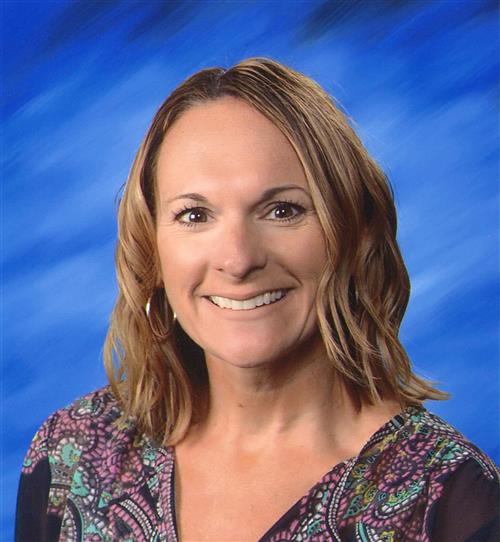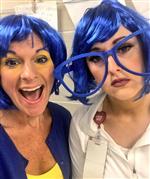-

My name is Jennifer Cowen and I am thrilled to serve as the counselor at Eagle Ridge this year! I have been a counselor for 15 years and I consider it an honor to have this career. It is truly a privilege to help students overcome obstacles that may interfere with their development and happiness. I am so excited for this amazing year!
As a school counselor, my primary responsibility is to be an advocate for your child. I focus on building strong relationships and teaching self-management, self-awareness, social awareness, relationship skills and responsible decision making. I strive to teach each student coping skills that can help them become more successful people. I look forward to getting to know all of the students at ERE and becoming one of their hugest cheerleaders.
This information brochure should help you become more familiar with the elementary school’s counseling program.
I am here to help your child succeed and look forward to getting to know you and your child. Please do not hesitate to contact me if I can be of any assistance to you or your child.
Looking forward to a wonderful year!

Mrs. Cowen
#NoPlaceLikeERE
-
The Zones of Regulation is a social-emotional curriculum geared toward helping students gain skills in consciously regulating their actions, which in turn leads to increased control and problem solving abilities. Using a cognitive behavior approach, the curriculum’s learning activities are designed to help students recognize when they are in different states called “zones,” with each of four zones represented by a different color. Throughout the year, students learn how to use strategies or tools to stay in a zone or move from one to another. The green zone is the optimal zone for learning!
Frequently Asked Questions
-
What exactly does a school counselor do?
Much like the school nurse, counseling services are available to ALL students, not just those with an emotional disability or in a crisis. It is our job to make sure that each student is happy and doing their best at school. This is a tall order since so many factors go into kids doing well i.e. their ability to focus and pay attention, their relationships with peers and teachers, how well they can manage their feelings and impulses, and their lives outside of school. We address these issues using individual or small group counseling, as well as in classroom guidance lessons. The school counselor will see each child one time per month in a guidance lesson with a focus on feelings, problem solving, relationship building, goal setting, and much, much more. Small groups will begin in October. Topics covered include; divorce, friendship, study skills, and worry. If you are interested in having your child participate, please contact one of us.How are you different from a therapist at an outside agency?
We frequently see children just a few times, or in the classroom setting rather than our office. Although we often help children with family problems and behavior at home, our primary role is to deal with school-related problems. Sometimes an issue is better addressed more intensively in a therapeutic setting, and with greater direct parental involvement. Contact us if you'd like referrals for an outside therapist for your child.How do children get to see the counselor?
Children may come to see the counselor in a variety of ways. Usually it's by recommendation of the classroom teacher and/or the parent. Often, children will ask their teachers if they can see the counselor. We see students as quickly as possible and try to help them get back to class ready to learn.Will you notify me if you see my child?
Children frequently pop in to tell us about relatively minor or time-limited issues like an argument with a peer or the death of a pet. If that happens, we may not notify you unless: there is a safety concern, your child has asked to see the counselor repeatedly, or if the worry or problem is significant (by adult standards). If a student participates in a regularly scheduled meeting, written consent is required.

